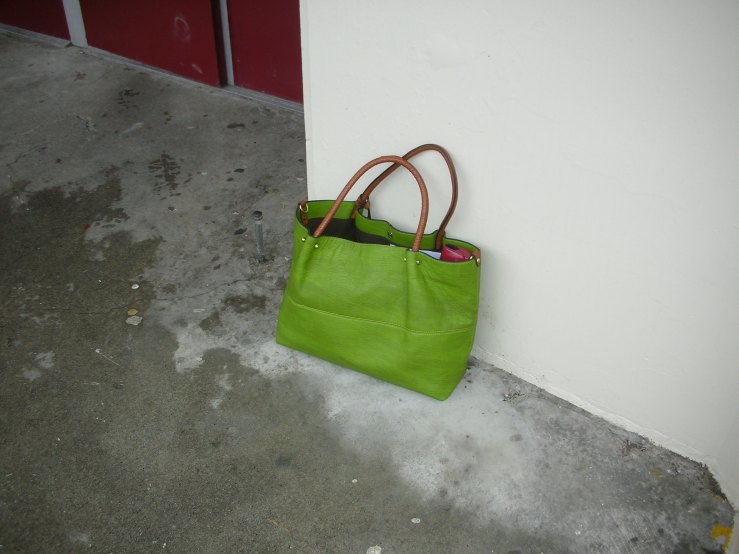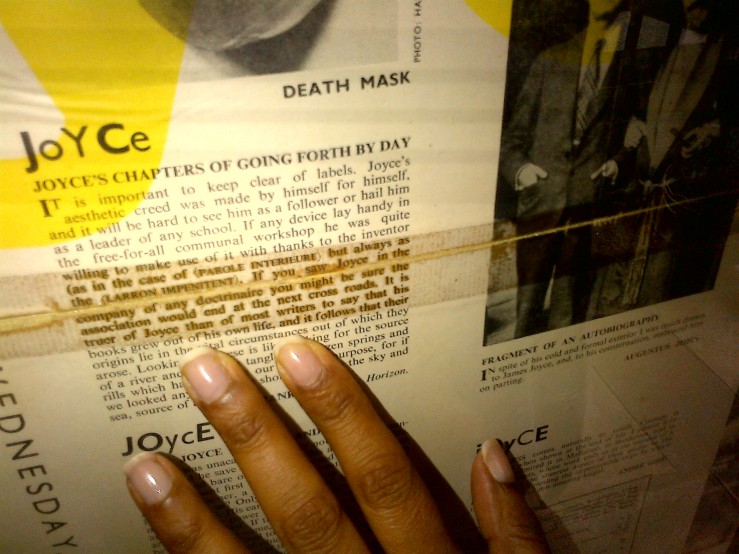 about fragments as texture
about fragments as texture
about inquiry as research
about emulation, failure, the number of times
about time and its dimensions
Category: Essay fragments
“This is a site of fragments. This is part of a long poem. This is not enough time. This is time, and its dimensions.”
more than the object itself ~ about Aradhana Seth and Stan Douglas
About home: place, person, longing and the images of Aradhana Seth
About contested: the work of Stan Douglas (Abbott & Cordova, 7 August 1971)
About representation, the image: Gwenael Lewis’s videography
About that time Sirish spoke of palimpsest and the merchant of images—
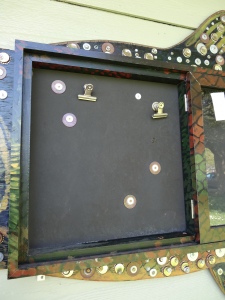
Again, the long poem: Baghdad-Ahmedabad
Morning and the bookshelf: rob McLennan’s grief notes: blacked out spine and–
Steven Zultanski’s Agony: musing, is his name a suede-o-nym?
Reuven Snir: Baghdad,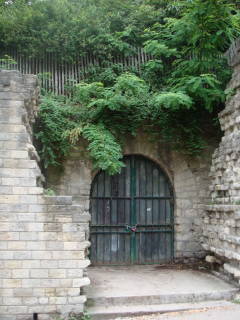 The City in Verse: all morning, thinking, Ahmedabad
The City in Verse: all morning, thinking, Ahmedabad
* Woodnote, Christine Deavel / The Writer at War, Vasily Grossman, Antony Beevor / Listen All You Bullets, Sean Johnston
Intonation: “There’s a difference, you know, between the long poem and the life-long poem” G.S.
The Life-Long Poem
We call everything from T.S. Eliot‟s Waste Land (maybe 16 pages) to Louis Zukofsky‟s ‘A’ (some 800 pages) “long” poems; what distinguishes the life-long poem (to use Robert Kroetsch‟s term) is not necessarily—at least not only—its length, but the length of time over which it is composed, and the extended period over which it makes its appearance in print. Life-long poems typically take decades to write, and are typically published serially, as multi-volume projects. Thus they implicate a certain degree of commitment—from their authors, but also from their publishers, and even readers—as well as engaging the work and its participants in a process of deferral: the poem one reads, piece-meal, is understood as provisional, incomplete in its particular manifestation, with more of it to come—even possibly its hypothetical completion—in future manifestations.
Stephen Collis,
The Barricades Project, the Life-Long Poem, and the Politics of Form
Notes towards a Prospectus
*
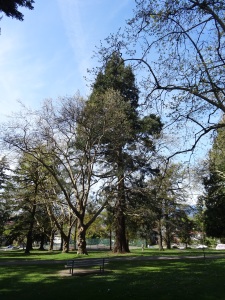
Life-Long, when writing. And the long poem…
Q: “So, when writing a long poem, you must have to think about all these conceptual things, all the vastness. It’s not like you can just sit down and write a poem.” (an approximation). Variation: “So, how do you decide what goes into the project?”
This morning, these words, this page: about sound, a collect of vowels and consonants. Some Sky Train phrase, held, repeated. That echo, the train on the tracks. The shape of things, across, down, the line. Or–particular. An image. Some emanation, signal–